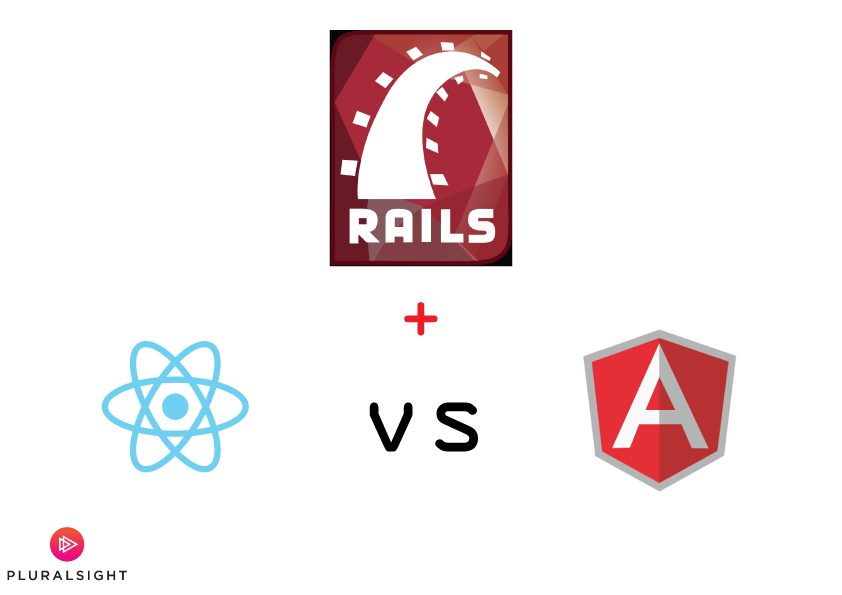

Autoloading during initialization is going Autoloading during initializationĪpplications that autoloaded reloadable constants during initialization outside of to_prepare blocks got those constants unloaded and had this warning issued since Rails 6.0:ĭEPRECATION WARNING: Initialization autoloaded the constant User.īeing able to do this is deprecated. You can compare the version in edge with the one in 6.1. You don’t announce changes to internal APIs, but since classic has been there since the first release of Rails, this is worth being included in this post.ĪctiveSupport::Dependencies implemented the classic autoloader, and with its removal a lot of internal methods have been dropped in cascade like hook!, unhook!, depend_on, require_or_load, mechanism, qualified_name_for, warnings_on_first_load, logger, verbose, and many others.Īuxiliary internal classes or modules are also gone, like Reference, ClassCache, ModuleConstMissing, Blamable, and more.Ībout 90% of active_support/dependencies.rb has been deleted. ActiveSupport::Dependencies private API has been deleted In Rails 7 there is no configuration point to set the autoloading mode, toloader= has been deleted. I am personally more than willing to help if you find anything unexpected, just open an issue and tag The setter toloader= has been deleted Please check the upgrading guide for Rails 6.0 for details. It is very likely that you only need to flip the switch, maybe configure some inflector, and done. Applications need to run in zeitwerk modeĪpplications still running in classic mode have to switch to zeitwerk mode.ĭon’t be scared, many non-trivial Rails applications reported really smooth switches. Let’s briefly explore their implications. Otherwise, you can prepare in advance to ease the upgrade. Maybe your 6.x application is already ready for these changes. Initializers can autoload reloadable constants if wrapped in to_prepare blocks, but they no longer can otherwise. This period ends with Rails 7: classic mode won’t be available anymore. Rails 6.0 and Rails 6.1 supported both zeitwerk and classic modes to help projects transition. Zeitwerk has been the default autoloader for more than two years. If you already have a page in your app you can skip this step.The forthcoming Rails 7 represents a milestone for autoloading. To smoke test we need a view and controller. Run the newly build container and run the following commands: Now that the Docker and Gemfile is updated we can rebuild the container: docker-compose build webĪ couple final steps.


Next add the required Gems: webpacker and react-rails:
Rails 7 react install#
The top we add a reference to the Node and Yarn repositories then added nodejs and yarn to the install list.
Rails 7 react update#
# Update the bundler then install the gems.Īctually only the top of the file is changed, the bottom is the same just with better layout and comments.

# Create the website folder and map the Gemfiles. RUN apt-get update -qq & & apt-get install -y build-essential libpq-dev nodejs yarn RUN echo "deb stable main" | tee /etc/apt//yarn.list # To install a later version of Node JS and Yarn. Open up the DockerFile and change it so it looks like the below. First, you need to update the Docker file to install Node JS and Yarn. Once your basic Rails app is up and running you can add React. My setup is the same as creating Rails app: Ubuntu 18.04 LTS host using Docker to containerize my development environment. A working example can be found here in the Saturday MP Examples GitHub.įirst thing you need to do is create a basic Rails app as outlined in my previous post.


 0 kommentar(er)
0 kommentar(er)
